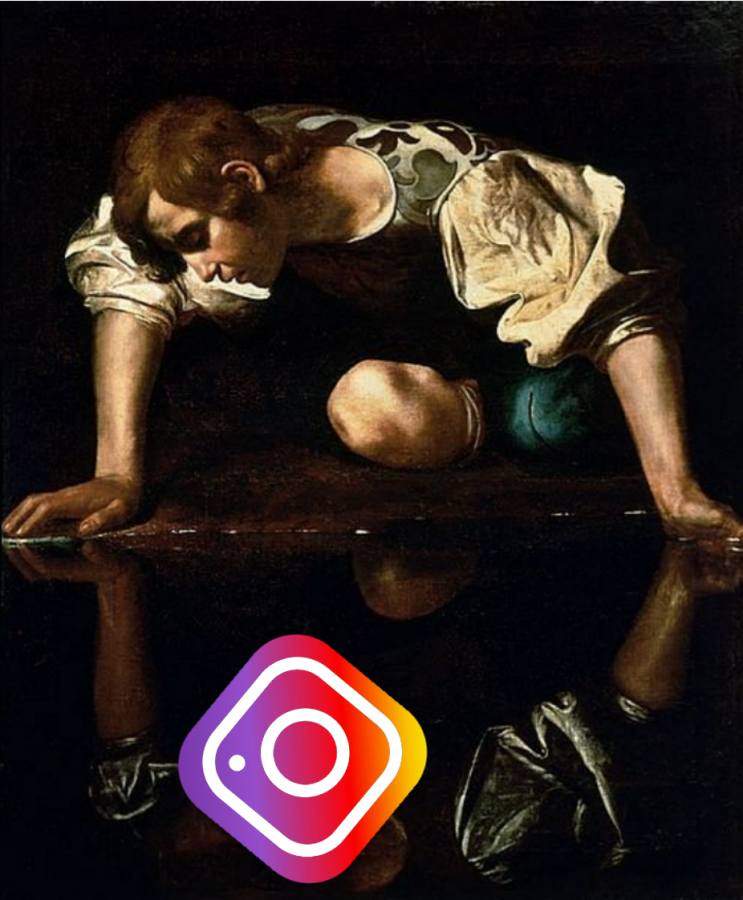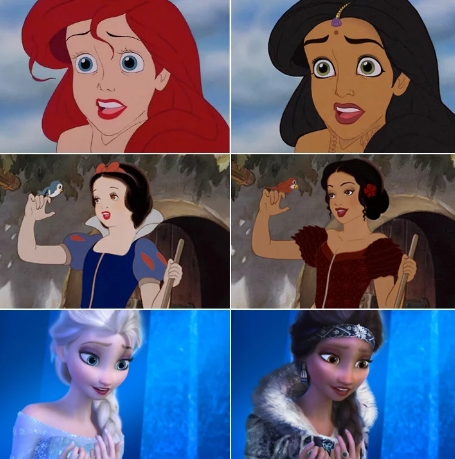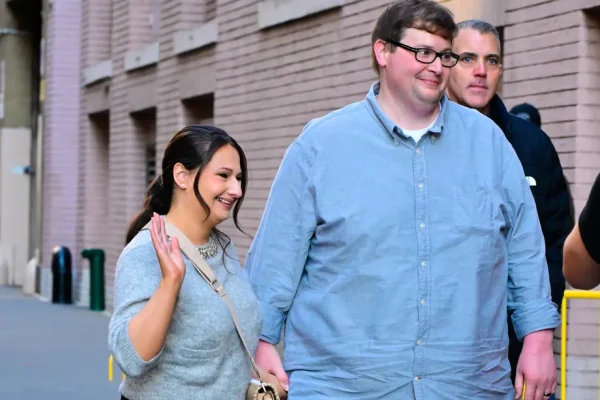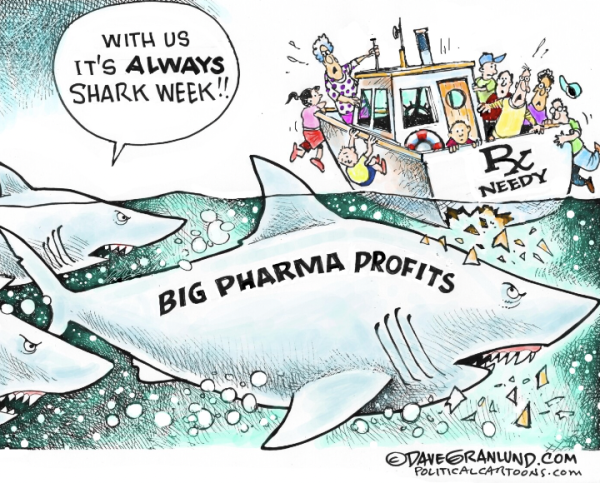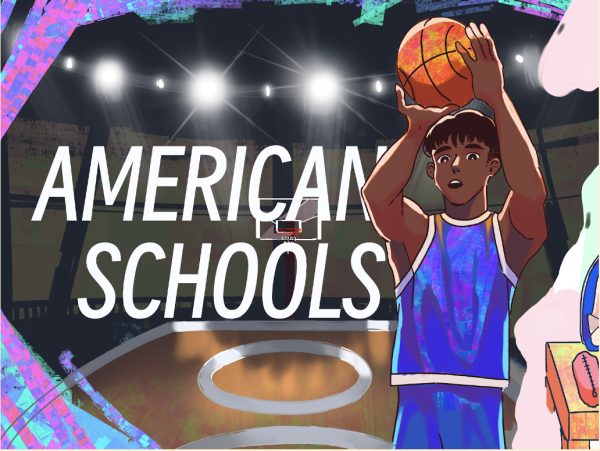A Reflection on Narcissism and Social Media
WorldHistory.org, Wikimedia Commons
According to researcher Ana Blasco-Belled, vulnerable narcissists may be introverts, but their narcissism stems from their “high psychological fragility and entitled expectations.”
The story of Narcissus is well known: a young Greek lad encounters a pool of water and falls in love with his reflection. But what if the story were spun in the modern day? Perhaps the lad would be a teen between the ages of 13-17 and the pool would be an Instagram profile picture. With the increasing usage of social media, the prevalence of praise addiction and narcissism has increased, as demonstrated by research into narcissism and the addictive nature of social media; this has led to encouragement of narcissism as a false sense of “confidence.”
Narcissism, praise addiction, and social media have a clear correlation, demonstrating how serious the impacts of social media can be. Surprisingly, vulnerable narcissism has much stronger ties to social media because of the oversensitivity and need for approval. According to a Newport Institute article about social media narcissism, vulnerable narcissists are “characterized by hypersensitivity to criticism and a constant need for reassurance.” Their counterpart, grandiose narcissists, are associated with media portrayals of narcissism; they are “characterized by feelings of superiority and entitlement.”
In a study published on PubMed Central, researchers Rebecca B. Fegan and Amy R. Bland found that those who ranked themselves as oversensitive in terms of narcissism tend to check their phones more, feel more jealous over others’ posts, and react more strongly to negative comments. The correlation demonstrates that narcissism and social media have direct links, and the more people use social media, the more likely they are to be exposed to these behaviors. Overall, this creates a culture of self-centeredness and anxiety over one’s online image. Because anyone using social media feels these emotions from time to time, the more they use, the more addicted they become—to narcissistic tendencies and to social media.
Praise addiction is a condition that can hurt even the most seemingly affable people, as a CNN article explains. Those who have it feel the need to receive constant praise to boost their self-esteem; even more so, this is framed in the name of “building confidence” and “self-love.” It is good to praise others for their efforts, but overpraising in childhood and adulthood can lead to motivation and self-esteem issues.
Though there is currently little research on the connection between praise addiction and social media use, it is clear that the two are related. Social media likes and views give people a false sense of praise, causing them to get caught in a praise cycle. If they do not receive “enough” likes on a post, they may post another one to get the same “hit” of dopamine. This easily leads to dangerous mindsets and behaviors.
Exacerbating the issue is corporations’ intent for social media to be addictive, furthering the negative effects. The documentary The Social Dilemma explores this link; many former company executives and workers discuss the almost malicious design intentions. Algorithms and AI programming are designed to create addiction so the companies can earn money. Regardless of what content, their aim is to keep users connected; this is how people get into extremely political rabbit holes.
Another PubMed Central article lists specific techniques used by companies, such as “endless scrolling/streaming,” “social pressure,” “mere exposure effect,” and “social comparison and social reward.” Through these tools, users are unconsciously tricked into a social media addiction; the more attention they give a certain app, the more that business profits off it. The reward brain circuit is exploited for corporate purposes, even though the resulting actions are harmful to individuals. This causes a vicious cycle: the more people use, the more they want to use, and the more businesses profit off individuals’ addiction, creating a destructive positive feedback loop.
Some may say social media is not severe enough to be classified as an addiction; after all, almost everyone uses it, and it has had a net positive impact. A ScienceDaily study reports that social media studies are often misrepresented, and there is disproportionate focus on the negative effects. Social media apps do not cause attentional bias, as “[t]he findings did not indicate that users’ attention was drawn more to social media apps than to any others, such as a weather app.” Therefore, it may not be severe enough to be classified as an official mental health disorder.
It is true that social media may not be addictive to everyone, and there are definitely benefits of the increased connectivity that cannot be denied, as highlighted by quarantine. However, addiction-like effects from the dopamine surge are still clearly prevalent. The correlation to narcissism is real; though people may not want to admit it due to the stigma around narcissism, many enjoy the ego boost from their likes and views count. Though social media may not cause the same physical effects as drugs, it does have detrimental impacts on mood and behavior, and it is possible to feel withdrawal symptoms.
Whether or not social media can cause addiction, the best mode of action is to try to take breaks from social media; even an hour a day can be beneficial. There is no need to quit social media entirely, but it is important to be aware of symptoms of narcissism and learn to balance out an online social life with offline mental health.
Check out these sources if you’re interested in learning more about:
What it feels like to be a vulnerable narcissist



